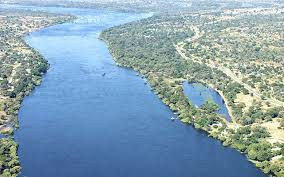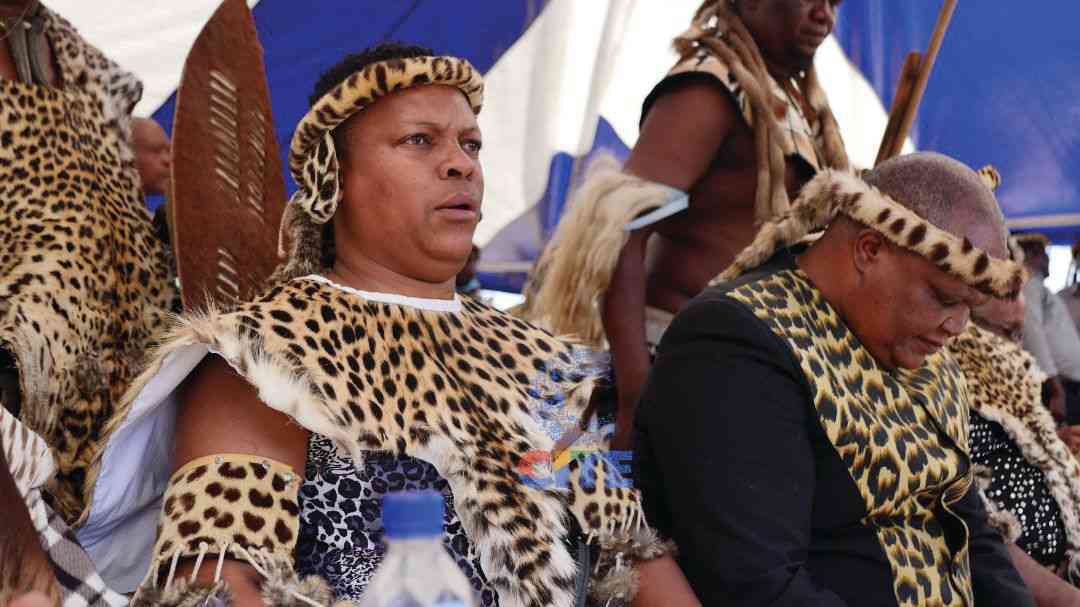
COMMUNITIES in Hwange living along the Zambezi River are appealing to government for assistance to harness water from the river to establish irrigation schemes for food security.
In an interview with Southern Eye, Hwange East legislator Joseph Bonda said there was a need to establish irrigation schemes.
Bonda recently made a similar appeal in the National Assembly.
“We only need pumps and fencing, then the project kick starts. The argument is on drilling boreholes where there is no water and holding on to a plan that will not materialise.
“Looking at drilling boreholes is delaying development. The community is pleading for irrigation mechanisation,” he said.
In Parliament recently, Bonda asked the Lands, Agriculture, Fisheries, Water and Rural Development minister Anxious Masuku to update the House on the progress made in utilising Zambezi water for irrigation for the Msuna, Makwa and Sidinda irrigation schemes.
In response, deputy minister Vangelis Peter Haritatos said irrigation development remained the most fundamental intervention to mitigate against climate change.
“Msuna is a 15-hectare irrigation scheme, currently non-functional. All the pumps are not working and they need to be replaced. Our team is checking on the specifications as well as the costs thereof,” Haritatos said.
- Parly approves 2022 supplementary budget
- Call for fresh PVOs Bill public hearings
- ZAS: Much ado about nothing
- Turkey denies human trafficking reports
Keep Reading
“Makwa is a three-hectare irrigation scheme, which is operational and utilising borehole water. It is seven kilometres from the Zambezi River.
“To utilise water from the Zambezi River, the irrigation scheme has to be expanded and has the potential to grow to 10 hectares.”
He said a government team was on the ground assessing the feasibility of the project.
Sidinda is a one-hectare garden established by the Smallholder Agricultural Cluster Programme and is operational and utilising borehole water. It is about nine kilometres from the Zambezi River and can be expanded to 40 hectares,” he said.
“Otherwise, these schemes run the risk of not being sustainable and viable in the long run and, therefore, economies of scale are fundamental.”
However, Bonda queried the feasibility of government’s village business units (VBU) sprouting across Zimbabwe while Simangani, which is near Zambezi, has not benefited from the programme.
“We just need pumps, to pump water to the land, just maybe a kilometre away from the Zambezi. Why is it that the ministry is not considering providing those village business units to alleviate poverty and drought since that area is in Region 5 and drought-stricken?”
Haritatos said Matabeleland North, which was Natural Region 5, was high on the government’s priority list, although there was a challenge on village business units being designed to draw water from a borehole.
“The challenge here is not that the water is not accessible; it is that the borehole needs to be drilled to fit into the design of the VBU. When you are now reticulating water, this falls under irrigation development. It is slightly different from the village business units in its sense,” he said.
“We need to look at that from the business point of view and if the reticulation costs too much in terms of supplying the water because someone has to bear the costs of that in terms of the farming community, then that is where now the boreholes will be an alternative. Nevertheless, the area itself is quite dry and this is where the challenge is.”









